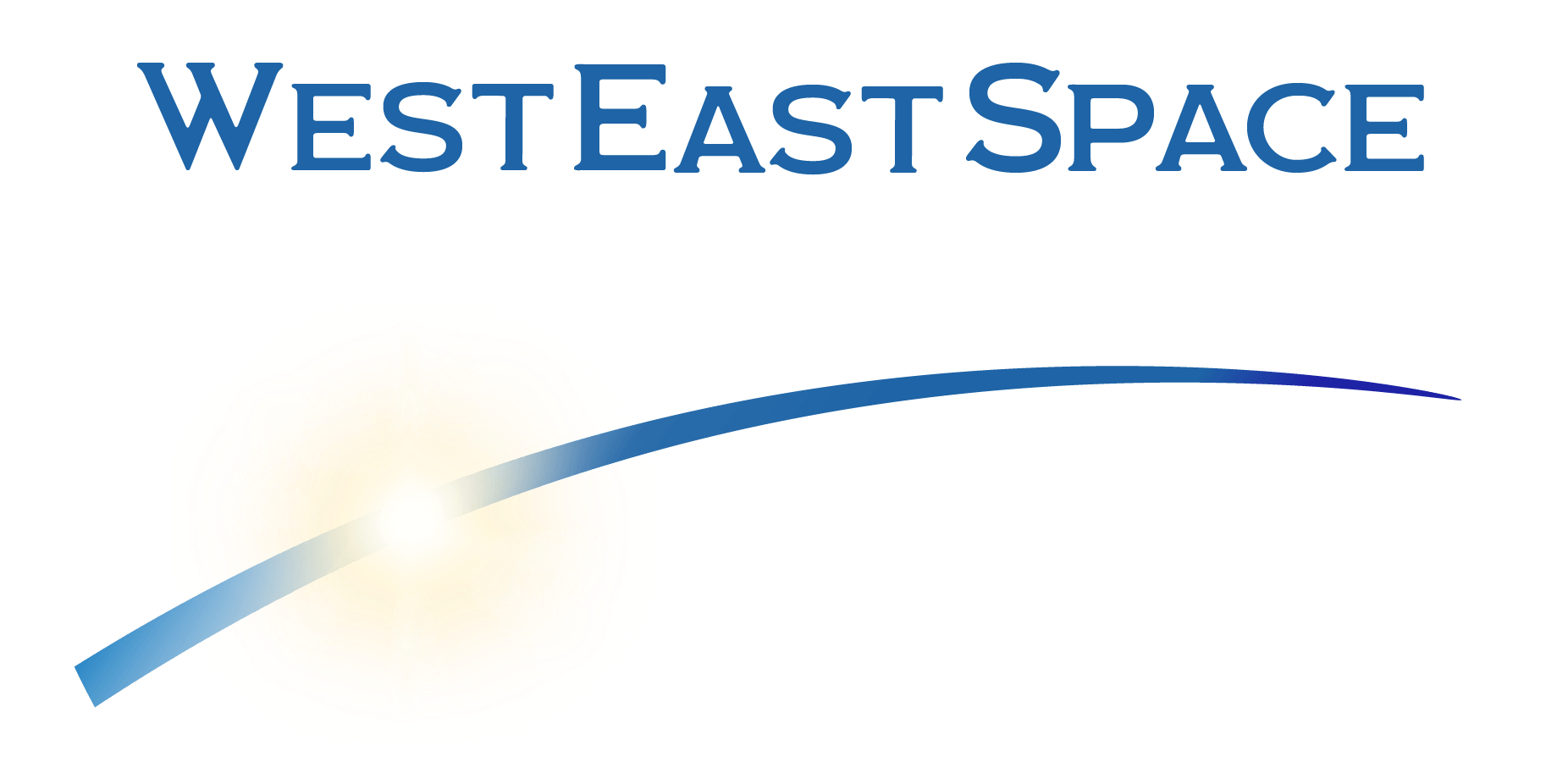ESA is an intergovernmental organisation, created in 1975, with the mission to shape the development of Europe’s space capability and ensure that investment in space delivers benefits to the citizens of Europe and the world.
ESA has 22 Member States: Austria, Belgium, the Czech Republic, Denmark, Estonia, Finland, France, Germany, Greece, Hungary, Ireland, Italy, Luxembourg, the Netherlands, Norway, Poland, Portugal, Romania, Spain, Sweden, Switzerland and the United Kingdom. Slovenia is an Associate Member.
ESA has established formal cooperation with seven Member States of the EU. Canada takes part in some ESA programs under a Cooperation Agreement.
By coordinating the financial and intellectual resources of its members, ESA can undertake programs and activities far beyond the scope of any single European country. It is working in particular with the EU on implementing the Galileo and Copernicus programs as well as with Eumetsat for the development of meteorological missions.
ESA develops the launchers, spacecraft and ground facilities needed to keep Europe at the forefront of global space activities.
Today, it develops and launches satellites for Earth observation, navigation, telecommunications and astronomy, sends probes to the far reaches of the Solar System and cooperates in the human exploration of space. ESA also has a strong applications program developing services in Earth observation, navigation and telecommunications.
